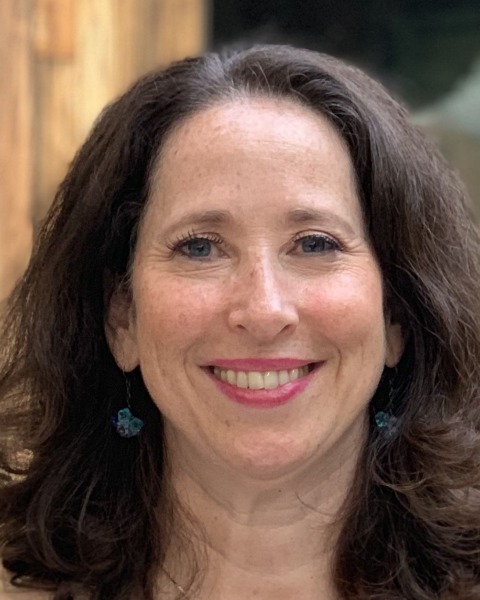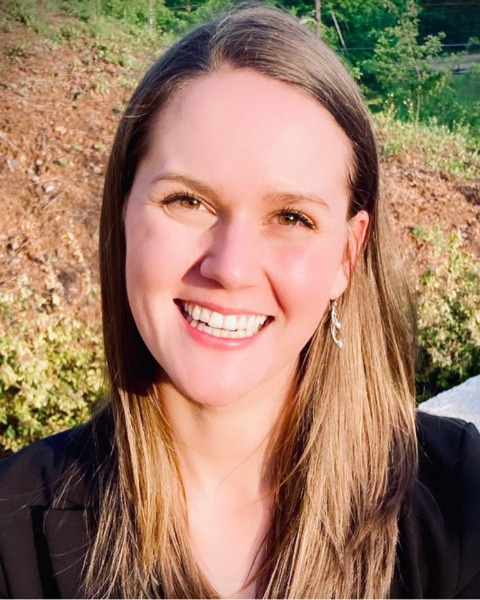Program Area: Behavioral and Social Sciences
Stories from the Inside of Dementia: Constructing Identities and Relationships Through the Discourse of Experience
-

Kate de Medeiros, PhD, FGSA
Professor
Sociology and Gerontology
Miami University
Oxford, Ohio, United States -

Pamela Saunders, PhD, FGSA
Director
Aging & Health Program
Georgetown University
Washington, District of Columbia, United States -

MaryKatherine Gaurke, MA, HEC-C
Doctoral Candidate
Department of Philosophy
Georgetown University
Washington, District of Columbia, United States -

Pamela Saunders, PhD, FGSA
Director
Aging & Health Program
Georgetown University
Washington, District of Columbia, United States -

Kate de Medeiros, PhD, FGSA
Professor
Sociology and Gerontology
Miami University
Oxford, Ohio, United States
Chair(s)
Co-Chair(s)
Individual Symposium Abstract First Author(s)
Dementia is often characterized as a time of decline and loss. The grand narrative (i.e., the biomedical narrative) of dementia describes it as a time of meaninglessness given the inevitable loss of memory and language, fraught with difficulties recognizing familiar faces, recalling autobiographical events, and orienting to time and place. This unfortunate depiction negatively positions people living with dementia as living a ‘social death’ and overlooks the potential of forming meaningful relationships and experiencing a sense of community. Elements often overlooked can be found in the careful reading and analysis of individual interactions that make up constructions of identity, relationships, and community. In this symposium, we draw data from the “Friendship Study,” a 6-month ethnographic study on the social environments of people living with dementia in long-term care to consider meaning-making in dementia through three perspectives: phenomenological, gerontological, and discursive. The first paper considers the phenomenology of friendship, moving away from linear narratives to look at micro-constructions of identity. The second considers the co-construction of friendship through discursive elements found in conversational interactions. The third challenges staff’s construction of residents, highlighting how negative assumptions about resident capabilities can affect personal relationships and the social environment.
Learning Objectives:
- Identify three discourse features in conversational analysis.
- Describe features of a phenomenological approach to meaning making in dementia.
- List four key components of friendship.
Presentations:
-
8:00 AM – 9:30 AM ETFriendship Is in the Details: Co-Construction of Relationships Among Persons With Dementia in Long-Term Care
Individual Symposium Abstract First Author: Pamela A. Saunders, PhD, FGSA – Georgetown University
-
8:00 AM – 9:30 AM ETNone of Them Are Really Friends: Staff Perceptions of the Social World of People Living With Dementia in Long-Term Care
Individual Symposium Abstract First Author: Kate B. de Medeiros, PhD, FGSA – Miami University
